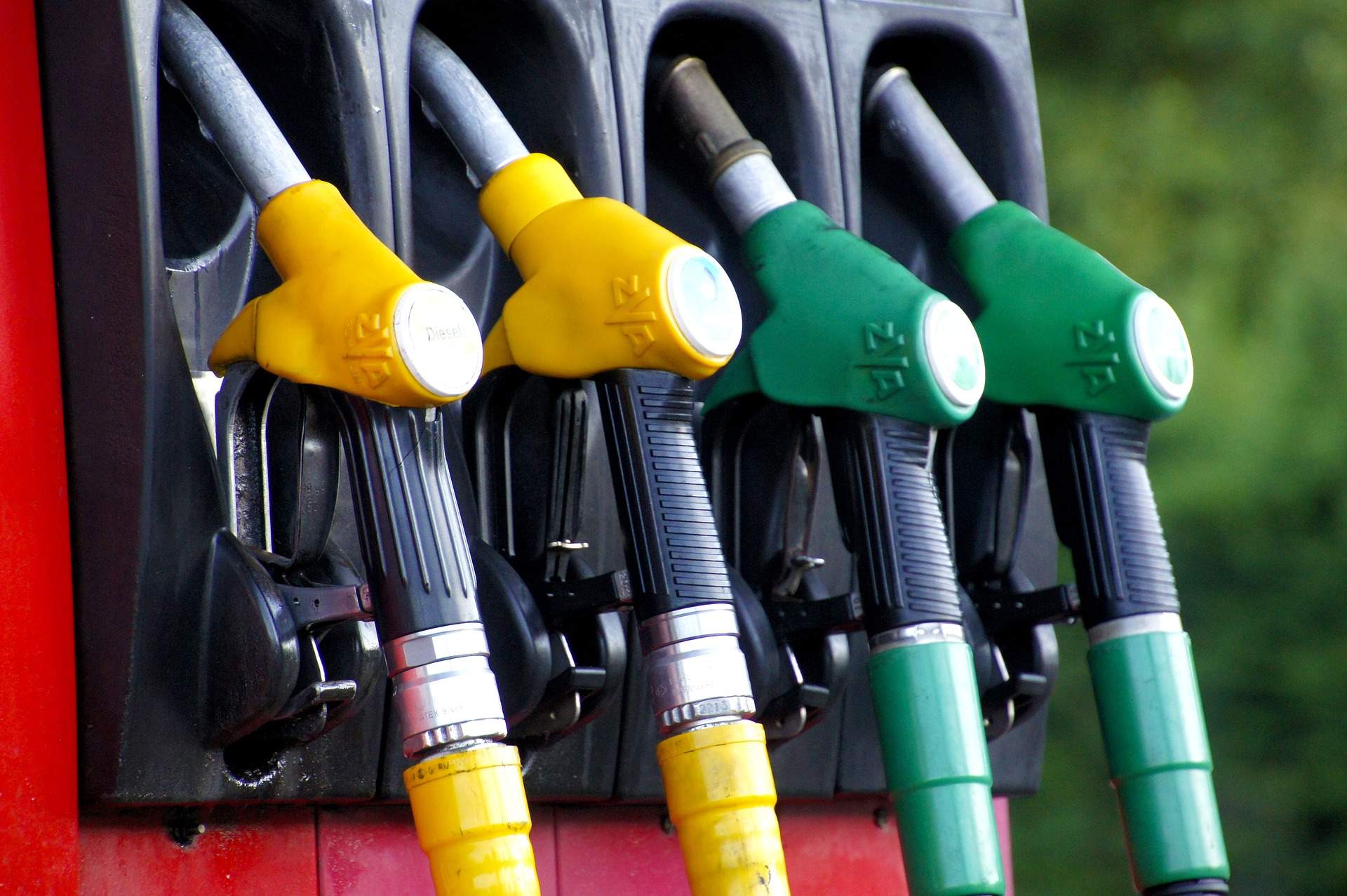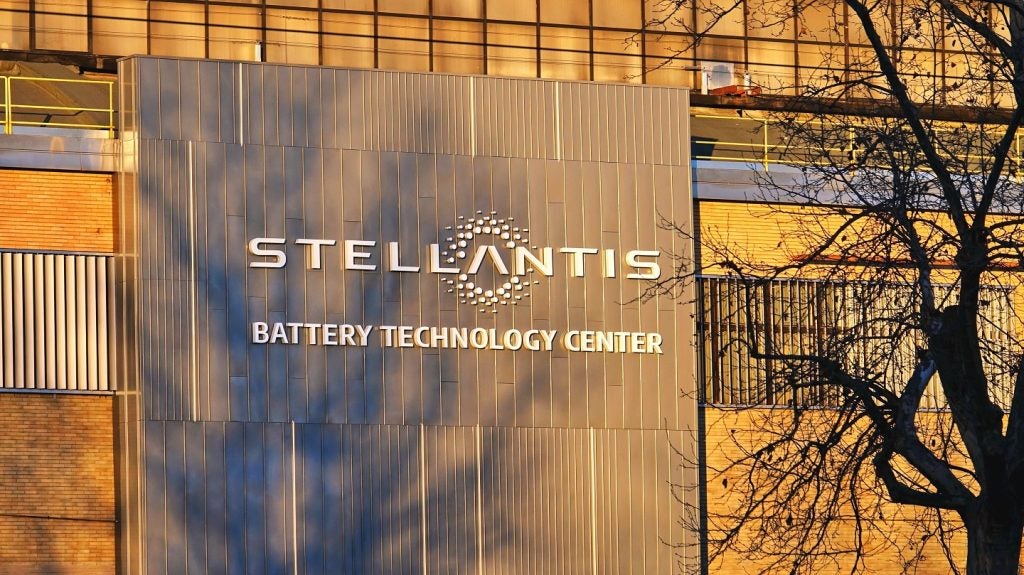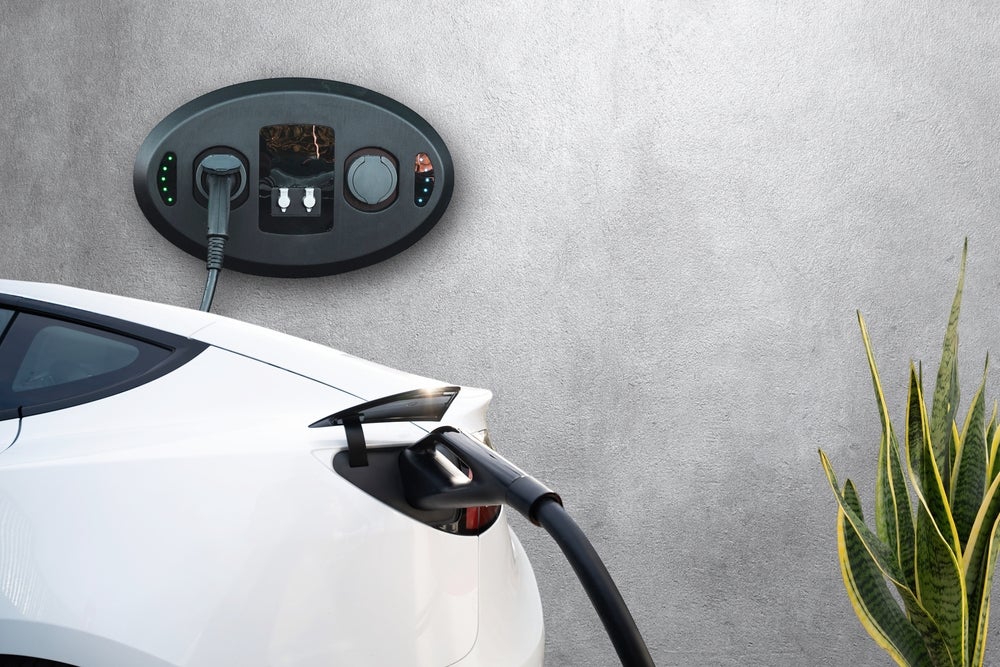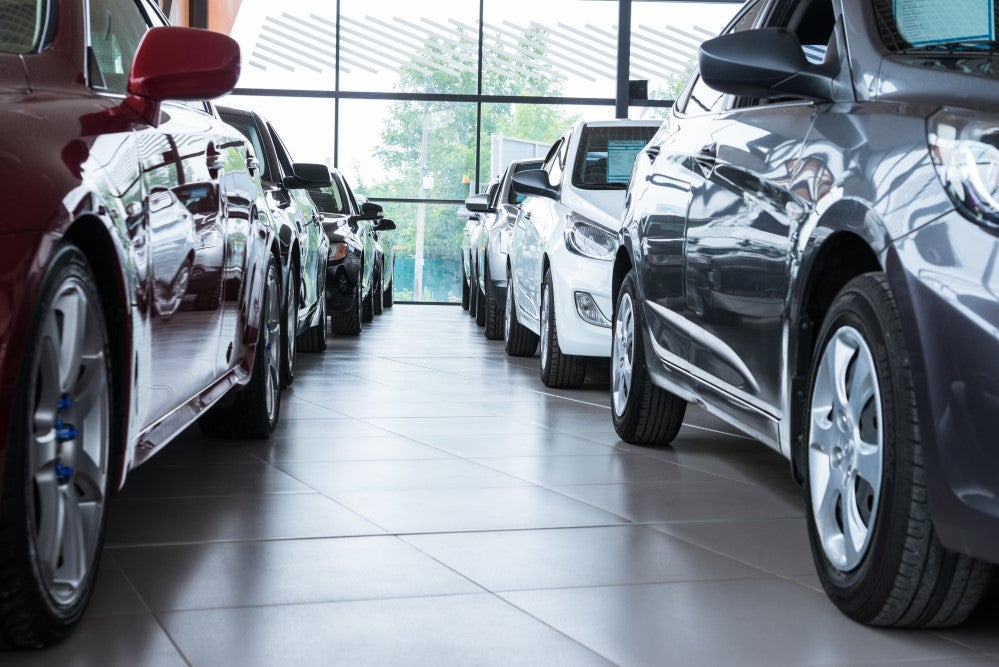
As the UK government extends the Fuel Duty freeze, the introduction of Vehicle Excise Duty for EVs signals a pivotal moment in reshaping tax revenue, prompting discussions on sustainable funding solutions for road infrastructure amidst the transition to electric mobility. Chris Farnell reports.
When the Spring Budget was announced last month, one thing it noticeably lacked was new incentives for electric vehicle (EV) drivers. But at the same time, the deadline remained in place for Vehicle Excise Duty, often called Road Tax, to be implemented for EVs from April 1 next year.
It might not seem like promising news for the EV transition, but many have argued it is also a necessary evil. Vehicle Excise Duty and Fuel Duty form a large part of the tax revenue that funds our roads. The elephant in the room has been the question “What will replace that revenue when the EV transition is successful?” It is a question that is more pressing, as once again, the Government has announced that it has frozen Fuel Duty.
The result is Fuel Duty frozen at a time when revenue is not growing organically. That, combined with the EV transition, makes the problem of revenue an immediate one.
“That is probably the reason why they did two things – withdrew the subsidy on electric vehicles and announced that they will add the road licence for electric vehicles,” says Simon Harris, Consulting Director at Finativ. “Both of those changes are fair and necessary, but they will not help the transition to EVs.”
Driving that change is a cause for concern both within the industry and among its customers.
How well do you really know your competitors?
Access the most comprehensive Company Profiles on the market, powered by GlobalData. Save hours of research. Gain competitive edge.

Thank you!
Your download email will arrive shortly
Not ready to buy yet? Download a free sample
We are confident about the unique quality of our Company Profiles. However, we want you to make the most beneficial decision for your business, so we offer a free sample that you can download by submitting the below form
By GlobalData“While it is positive to see that the Chancellor has announced the Fuel Duty freeze will be extended for another 12 months, motorists were really hoping for more investment in the UK’s electric vehicle charging network and incentives to encourage private consumers to buy EVs,” says John Rawlings, Consumer Editor at Carwow.
Alternative revenue streams
If the government is not going to further subsidise EVs, the only way it can support the transition is to ensure that the road licence or Fuel Duty will further penalise fossil fuels, but this may be too politically sensitive for the government to pursue. But politically sensitive or not, a solution needs to be found.
“Fuel Duty is where the obvious gap will be and what replaces it is a choice that the government needs to make, ideally not in the distant future but the relatively near future,” says Ralph Palmer, Vehicles and Fleets Lead for clean transport campaign group Transport & Environment. “EV sales will pick up over the next two to three years and that impact will be felt a lot more significantly than it has been today.”
While many might see the introduction of Vehicle Excise Duty for EVs as a disincentive for the transition, Palmer is not worried about it.
“In reality, I don’t think that is necessarily a problem,” he tells us. “While Electric Vehicles don’t emit anything from their tailpipe, they still contribute to road damage and congestion. They have an impact even as they are zero emission. I think it is right that we start to consider how we normalise EVs within the tax system.”
The question is whether these measures are being introduced in a way that is going to plug the revenue gap without slowing down the EV transition.
“When you look at the current total tax burden in the UK as applied to petrol and electric cars, the differential between them is quite low compared to a lot of European countries,” says Palmer. “That’s important because the bigger the differential is, the bigger incentive there is to switch to electric, but the differential is pretty low in the UK.”
The UK currently ranks 24th out of 31 countries in terms of the size of that differential if you compare electric SUVs with their petrol-fuelled equivalents. When Vehicle Excise Duty is introduced, that gap will close even further. Palmer argues that to fill the revenue gap, the government needs to start looking at alternative revenue sources.
“The UK could start to think about increasing its revenue in other places while better incentivising EV uptake, particularly among private car buyers,” he says.
In particular, Palmer points to the first-year car tax, which is levied against customers buying a brand-new car. While the first year tax on a new BEV in the UK is still nothing, an equivalent petrol SUV will only need to pay £255 in tax. That is extremely low when compared to France, where the equivalent tax is 2,000 euros, or the Netherlands, where it is 10,000 euros.
“There is a significant gap in how the UK approaches that purchase tax compared to other countries,” Palmer says. “By targeting new cars you could bring in an equitable source of income, particularly as they tend to be bought in fleets. It would help bring in potential revenue and incentivise EV adoption in the system we currently have. I think that’s where we see a potential opportunity for wider taxation.”
A Weighty Matter
In the meantime, the most salient question is whether introducing Vehicle Excise Duty on EVs is going to be enough to replace the missing revenue driven by the transition.
“The gap they have to fill is sizeable,” Harris observes. “Fuel duty has been a very effective stealth tax for a very long time. There are a couple of other factors at play where EVs have a disadvantage, and one of them is weight. There is a growing chorus over the weight penalty on electric vehicles.”
Most of the new EVs entering the market now are bigger by design, with manufacturers like BMW and Mercedes launching electric versions of their existing SUVs. The average electric vehicle is heavier than its fossil fuel equivalent, and the tyre wear on electric vehicles is tangibly higher than their fossil fuel equivalent.
“Weight is probably not an unfair factor or dimension to consider in future taxation,” Harris says.
Palmer also points to weight as a possible metric for future taxation.
“In terms of taxing the purchase of EVs in the long term there are probably two primary ways to do that,” Palmers says. “One that we would like to see the government bring in quite soon is a weight-based tax on the purchase of new cars. The French government has already introduced this, other governments are bringing in similar measures.”
The idea is to tax new car purchases progressively based on the weight of the car. This would not only be a new source of revenue, but it would also combat the continued “SUVification” of new cars. This is a pressing issue when 60% of new cars in the UK were SUVs in 2023, an increase from 50% in 2021. This has wider impacts with regard to safety, and road space.
“That sounds reasonable – disincentivising ICE, rather than subsidising EV, whilst raising revenue,” Harris says. “But it would be only a temporary or bridging solution, as sales of ICEs would ultimately decline. It’s probably not a bad look politically in the current climate.”
A Toll to Pay
Palmer also suggests taxes based on battery efficiency as a prospective way of future-proofing vehicle-related taxes. But as we continue to drive the EV transition, new revenue streams will be necessary to fund a new wave of infrastructure.
“Carwow’s pre-budget poll showed that motorists want to make the switch – 38% are considering an EV for their next car – but the lack of charge points is a real issue,” says Rawlings. “Polling last week revealed that ‘more EV charge points’ was top of motorists’ Spring Budget wish list – 59% said this would be their top priority vs 56% who said a fuel duty freeze – so this lack of action on this issue will do nothing to improve their confidence. Motorists need to trust that the transition to EVs is being supported by policymakers as they decide which car they’ll be choosing next, so today’s decision to focus on fuel duty over EV improvements is a real missed opportunity by the Chancellor.”
The solution to the need for more road infrastructure may be more road infrastructure.
“The fairest way to do this is road pricing, which means people are taxed according to the mileage they do, the type of roads they use and the size and weight of their vehicle,” Harris points out. “You can’t take into account only one dimension. There must be a formula that takes into account all of these things. That is the fairest thing to do. It’s hard to imagine something fairer than road pricing on the basis of those dimensions.”
The catch is that introducing a payment system like this will require its own wave of new infrastructure to track that road usage, but it has been done. Many European sectors, including France and Spain, have motorway tolls. In the UK the M6 relief road has a toll system too. But once again, it will cost money to implement.
“It’s a nettle that has to be grasped,” Harris insists.
As the Vehicle Excise Duty is introduced for EVs, Harris sees this as a necessary levelling of the playing field to build a more effective long-term solution.
“There are a lot of lobby groups arguing that EVs need subsidy, but the trouble is that subsidies are a distortion, and then the removal of that subsidy is seen as painful,” Harris says. “I think the current company car taxation regime that favours EVs is doing an effective job, and the adoption of EVs among company car drivers is strong.”
“The UK has one of the most progressive company car tax systems, and that has really helped accelerate the transition, but the government has not taken the same approach to private car buyers,” Palmer says.
“The last remaining obstacle is probably in the charging infrastructure because it is currently not practical to do long-distance journeys in an electric vehicle. But that is a known problem and is apparently being tackled.”
Harris believes that a road fund licence is the best way forward, particularly as a further disincentive to fossil fuel vehicles, but he acknowledges that politically it will be a hard sell.
“The difficulty they face politically is that all of these traditional measures will squeeze traditional vocal minority groups,” Harris points out. “Who drives old cars? People on lower incomes and older people, or people in rural communities who can’t realistically use an electric car. The model as it is needs more holistic thinking.”
“We are in a situation where the idea of charging road users is seen as quite taboo,” Palmer says “But progress needs to be made, and one potential option is some sort of road-user charging. I think it is likely that whoever is in government after the General Election will need to start progressing these discussions in their first term.”
Ultimately, the danger is that there is a shortfall coming that needs to be addressed, even if the political appetite is not there to address it.
Challenges on the road to decarbonisation by 2035
Are EV leasing prices inflated?







